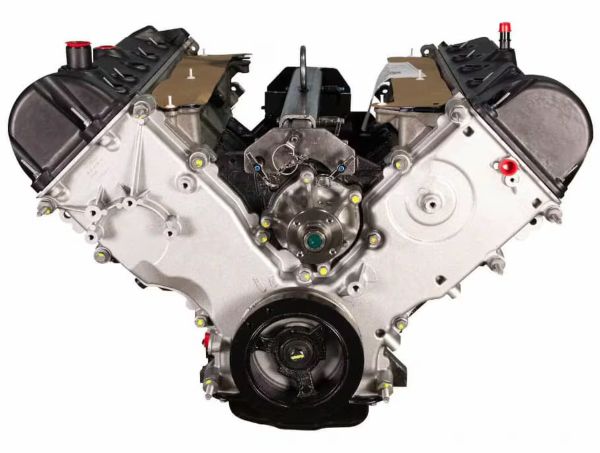Engine Series
Belonging to the Modular engine series, the 5.4L Triton shares its architecture with other engines in Ford's lineup. The Triton variant has undergone several revisions, evolving to meet changing performance and emission standards.
Is the 5.4 Triton a Good Engine?
Over the years, the 5.4L Triton has garnered both praise and criticism, but understanding its strengths and weaknesses can help you make an informed decision.
Reliability
The 5.4L Triton is known for its durability. Many owners report that these engines can last well over 200,000 miles with proper maintenance. However, like any engine, it has its quirks. Some users have mentioned issues with spark plugs and timing chain components in certain model years. Regular check-ups and addressing minor problems early can keep the engine running smoothly.
Performance
When it comes to performance, the 5.4L Triton doesn't disappoint. Depending on the vehicle and configuration, it delivers horsepower ranging from 235 hp to 550 hp. This engine provides ample torque, making it ideal for towing heavy loads. Depending on the specific model and setup, it can tow anywhere from 7,500 to 11,000 pounds.
Maintenance and Longevity
Keeping the 5.4L Triton in top shape requires routine maintenance. Regular oil changes, timely replacement of wear-and-tear parts, and using quality fuel can significantly extend the engine's lifespan. With diligent care, you can expect this engine to serve you reliably for many years.
Specifications of the 5.4L Triton Engine
Understanding the technical details can give you a deeper insight into what makes the 5.4L Triton so powerful.
